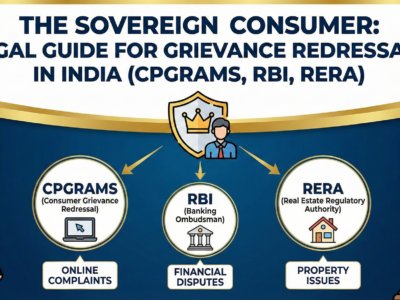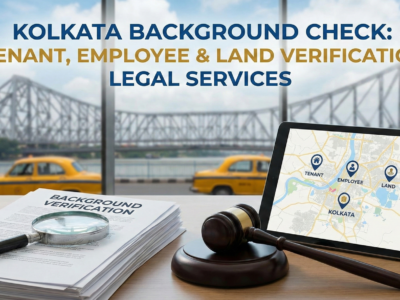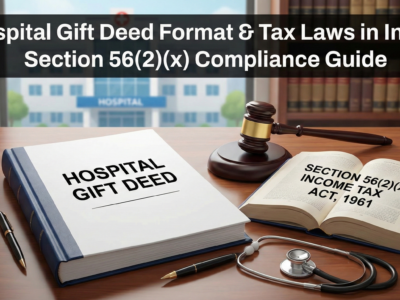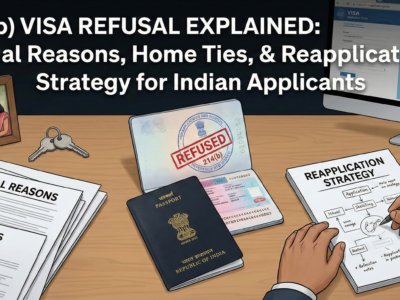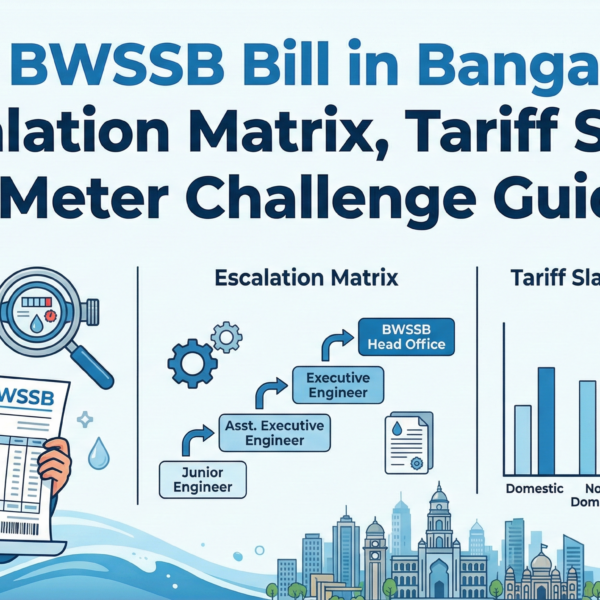This webpage provides a comprehensive, step-by-step guide to understanding anticipatory bail in India. From the initial apprehension of arrest to the final court order, this interactive resource breaks down the complex legal process. You’ll find a detailed procedural timeline, insights into drafting a persuasive application, an analysis of the key factors judges consider, and a summary of landmark Supreme Court cases that have shaped the law. It’s designed to be a practical shield for protecting your liberty against unwarranted arrest.
A Practical Guide to Anticipatory Bail
Understanding Section 438 CrPC: From the apprehension of arrest to securing your liberty. A step-by-step interactive guide.
The Shield of Liberty: Understanding Anticipatory Bail
Anticipatory bail is a unique legal remedy designed to protect personal liberty from the threat of an unwarranted arrest. It's not immunity, but a pre-emptive safeguard against the misuse of law, affirming the principle of 'innocent until proven guilty'.
Legislative Intent: Why was it created?
The 41st Law Commission of India recognized a disturbing trend: influential individuals implicating rivals in false cases merely to harass and detain them. Section 438 of the CrPC was born from this observation, aiming to balance the state's power of investigation with an individual's fundamental right to liberty under Article 21 of the Constitution.
Dissecting Section 438 CrPC: The Law's Anatomy
Anticipatory Bail vs. Regular Bail vs. Interim Bail
Understanding the differences is crucial. They serve different purposes at different stages of the criminal process.
| Aspect | Anticipatory Bail (Sec. 438) | Regular Bail (Sec. 437/439) | Interim Bail |
|---|---|---|---|
| Timing | Before arrest, in anticipation of it. | After arrest and being taken into custody. | During the pendency of a main bail application. |
| Purpose | To prevent unwarranted arrest and detention. | To secure release from police or judicial custody. | To provide temporary, short-term relief. |
| Granting Authority | Exclusively the Court of Session & High Court. | Magistrate's Court, Court of Session, High Court. | Any court hearing the main bail application. |
| Legal Standing | A discretionary remedy, not a right. | A right in bailable offences; discretionary otherwise. | A purely temporary and discretionary measure. |
The Complete Procedural Journey
Navigating the process requires careful strategy and meticulous preparation. The timeline below gives a high-level overview, followed by a deeper dive into the strategic considerations at each stage.
1. Apprehension of Arrest
The process begins with a "reason to believe" you might be arrested for a non-bailable offence. This must be based on concrete facts, not vague fears.
2. Engage a Lawyer & Prepare Documents
Your lawyer will draft the application, Vakalatnama, and affidavit. You'll gather documents like the FIR and evidence supporting your case.
3. File in Sessions Court
Judicial propriety dictates you must approach the Sessions Court first. Direct filing in the High Court requires exceptional circumstances.
4. First Hearing & Interim Protection
The court hears your lawyer and may grant an interim order protecting you from arrest until the next hearing, often called "notice bail".
5. Final Hearing & Order
Both sides present arguments. The court examines the police report and will either grant anticipatory bail (with conditions) or reject the application.
6. Appeal (If Rejected)
If the Sessions Court rejects the application, you can immediately move to the High Court. The final option is a Special Leave Petition (SLP) to the Supreme Court.
Pre-Filing Strategy & Preparation
Establishing "Reason to Believe"
Your apprehension of arrest must be based on concrete facts, not vague fears. Valid grounds include being named in an FIR, receiving threats of implication, or a police inquiry. A notice under Section 41A CrPC is a very strong ground and provides a crucial window to file for bail.
Assembling Your Documents: A Checklist
- The Application/Petition: Drafted by your lawyer, signed by you.
- Vakalatnama: The document authorising your lawyer to represent you.
- Affidavit: Your sworn statement verifying the petition's contents.
- Copy of FIR: Mandatory if one has been registered.
- Supporting Evidence: Documents showing a pre-existing civil dispute, proof of clean antecedents, or evidence of deep community ties (job, property) to show you are not a flight risk.
- Order of Lower Court: A certified copy of the Sessions Court's dismissal order is mandatory when approaching the High Court.
Drafting a Persuasive Application
The bail application is your primary tool of persuasion. A well-drafted petition presents a clear, compelling, and legally sound case for pre-arrest bail, addressing the court's key concerns from the outset.
Anatomy of the Petition
A strong application is structured logically to build a compelling case. It moves from the facts of the case to the legal arguments in your favour.
Grounds for Bail
This is the heart of the application. Each ground should be a distinct point, such as innocence, false implication due to a pre-existing dispute, no need for custodial interrogation, or unexplained delay in filing the FIR.
The Undertakings
This section is vital for building the court's confidence. You must explicitly undertake to cooperate with the investigation, not tamper with evidence, not threaten witnesses, and not leave the country without permission.
The Prayer
The prayer must be precise, asking for a direction under Section 438 CrPC to be released on bail *in the event of arrest* on such terms as the court deems fit.
The Judge's Lens: Key Factors & Landmark Cases
The decision to grant anticipatory bail is discretionary but not arbitrary. Courts weigh several factors, guided by principles laid down in landmark Supreme Court judgments.
Nature & Gravity of Offence
The court assesses the seriousness of the accusation. Your lawyer will argue to mitigate the alleged role or show the facts don't constitute a grave offence.
Applicant's Antecedents
A clean criminal record is a huge plus. It shows a character inconsistent with the alleged crime and suggests you are not a habitual offender.
Possibility of Fleeing
The court needs assurance you won't abscond. Evidence of deep community ties (family, job, property) is crucial to prove you are not a flight risk.
Tampering with Evidence
The court fears interference. An unconditional undertaking not to contact witnesses or tamper with evidence is a mandatory part of the application.
Motive to Injure or Humiliate
If the case stems from a pre-existing dispute, this must be highlighted. It suggests the FIR is a tool for harassment, not a genuine complaint.
Need for Custodial Interrogation
The prosecution will argue for custody. Your lawyer must argue that custody is unnecessary and assure full cooperation with the investigation.
Relative Importance of Factors (Illustrative)
Landmark Judgments that Shape the Law
Gurbaksh Singh Sibbia (1980)
The foundational case that linked anticipatory bail to the fundamental right to liberty (Article 21). It championed a broad and liberal interpretation, rejecting the idea that it should only be granted in "exceptional" cases.
Sushila Aggarwal (2020)
This landmark judgment settled the law on duration. It held that an anticipatory bail order is NOT time-bound and should normally remain in force until the end of the trial, providing lasting protection.
Life After the Order: Compliance, Cancellation & Appeal
The court's order is not the end of the road. It marks a new phase governed by strict compliance and the potential for legal challenges from either side.
Understanding Bail Conditions
Every bail order is conditional. You must strictly comply with all conditions, which typically include cooperating with police, not tampering with evidence, and not leaving the country without court permission. Any violation can lead to cancellation.
Cancellation of Bail
The prosecution or complainant can apply to have your bail cancelled if you violate conditions, threaten witnesses, or commit another offence. The discovery of new, compelling evidence can also be a ground for cancellation.
The Path After Rejection
If the Sessions Court rejects your application, you are not arrested in court, but the police are free to arrest you. It becomes a race against time to file a fresh application in the High Court. If the High Court also rejects it, the final remedy is a Special Leave Petition (SLP) to the Supreme Court.
Frequently Asked Questions
How long does an anticipatory bail order last?
Thanks to the Supreme Court's landmark ruling in *Sushila Aggarwal (2020)*, an anticipatory bail order can, and generally should, remain in force until the end of the trial. It is not automatically time-bound.
What happens if my application is rejected by the Sessions Court?
You are not arrested immediately in the courtroom. However, the police are then free to arrest you. You must act with extreme urgency to file a fresh application in the High Court before an arrest can be made.
Can anticipatory bail be cancelled?
Yes. If you violate any of the conditions of the bail order (e.g., tamper with evidence, threaten witnesses, fail to cooperate with police), the prosecution can move the court to cancel your bail, leading to your immediate arrest.
Can I file for anticipatory bail before an FIR is registered?
Yes. If your "reason to believe" that you will be arrested is well-founded and based on concrete facts (not just vague fears), you can file for anticipatory bail even before an FIR is formally registered against you.

